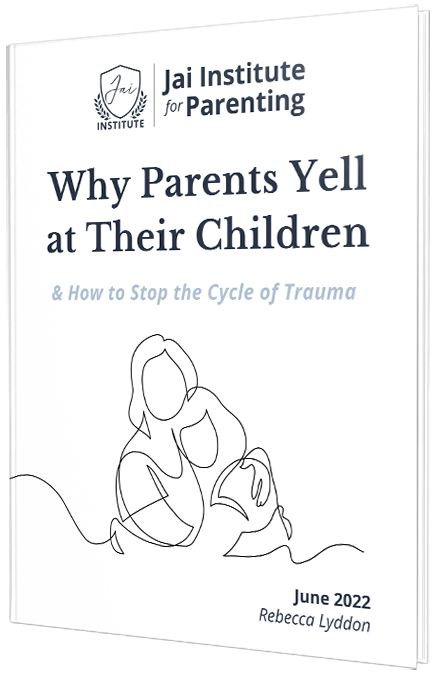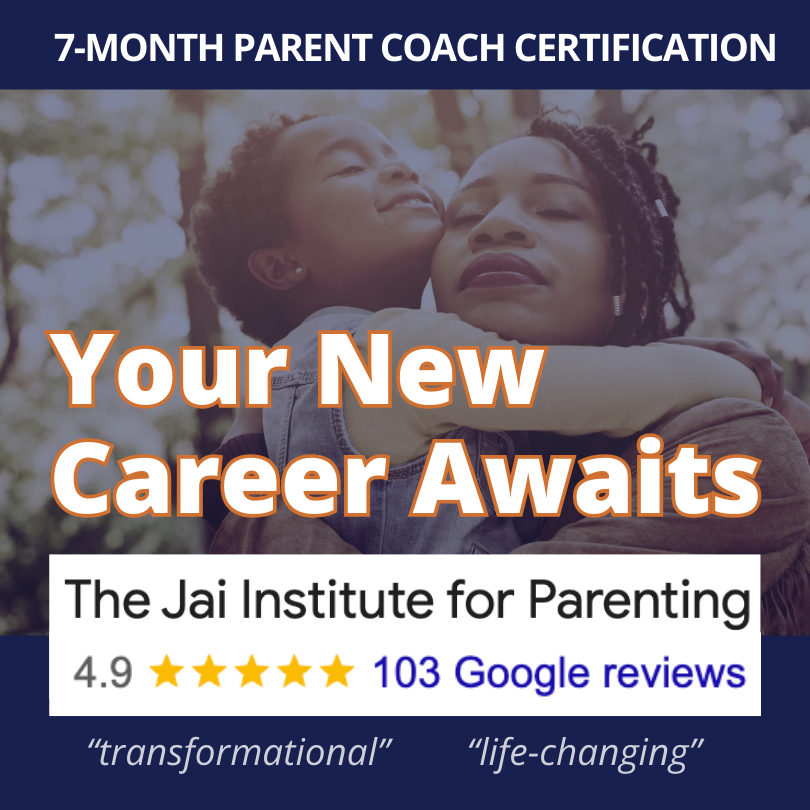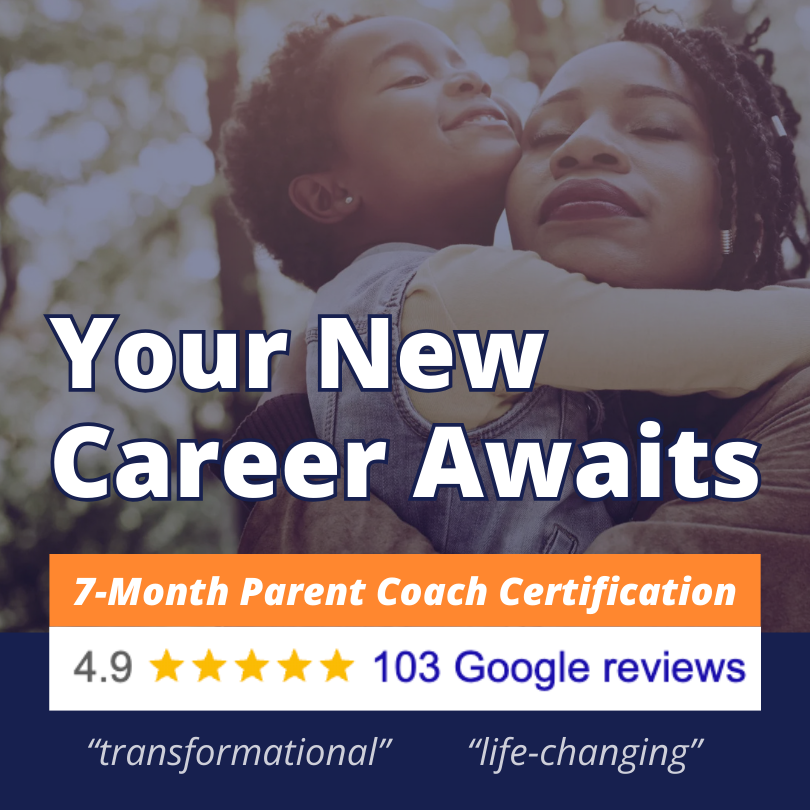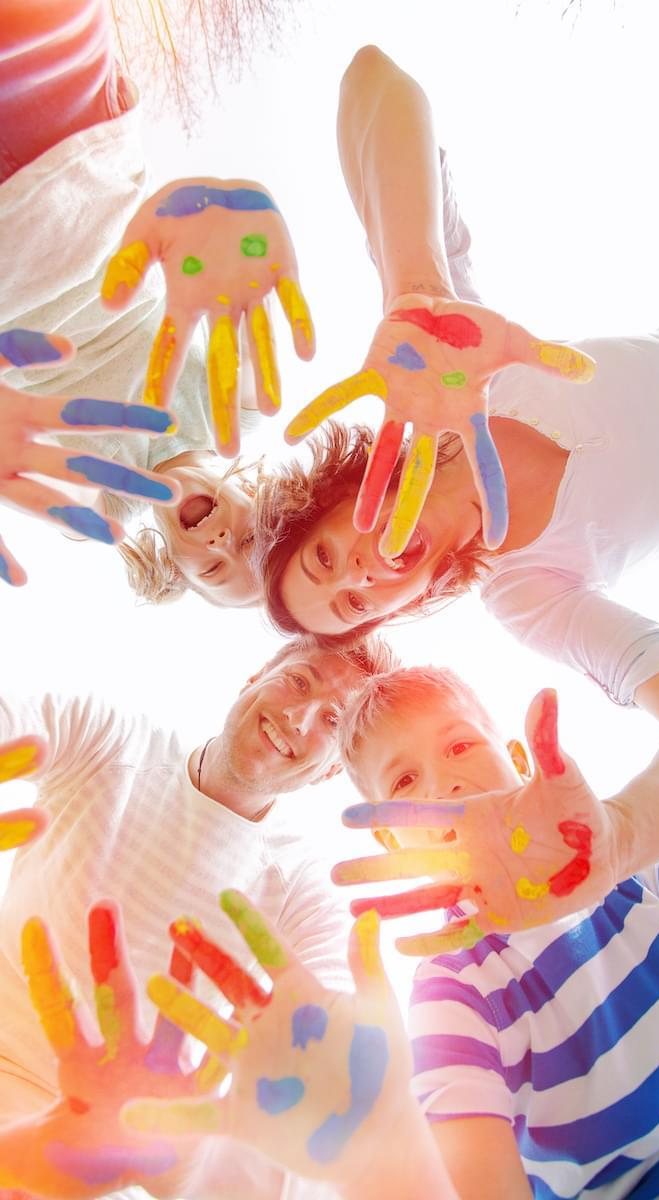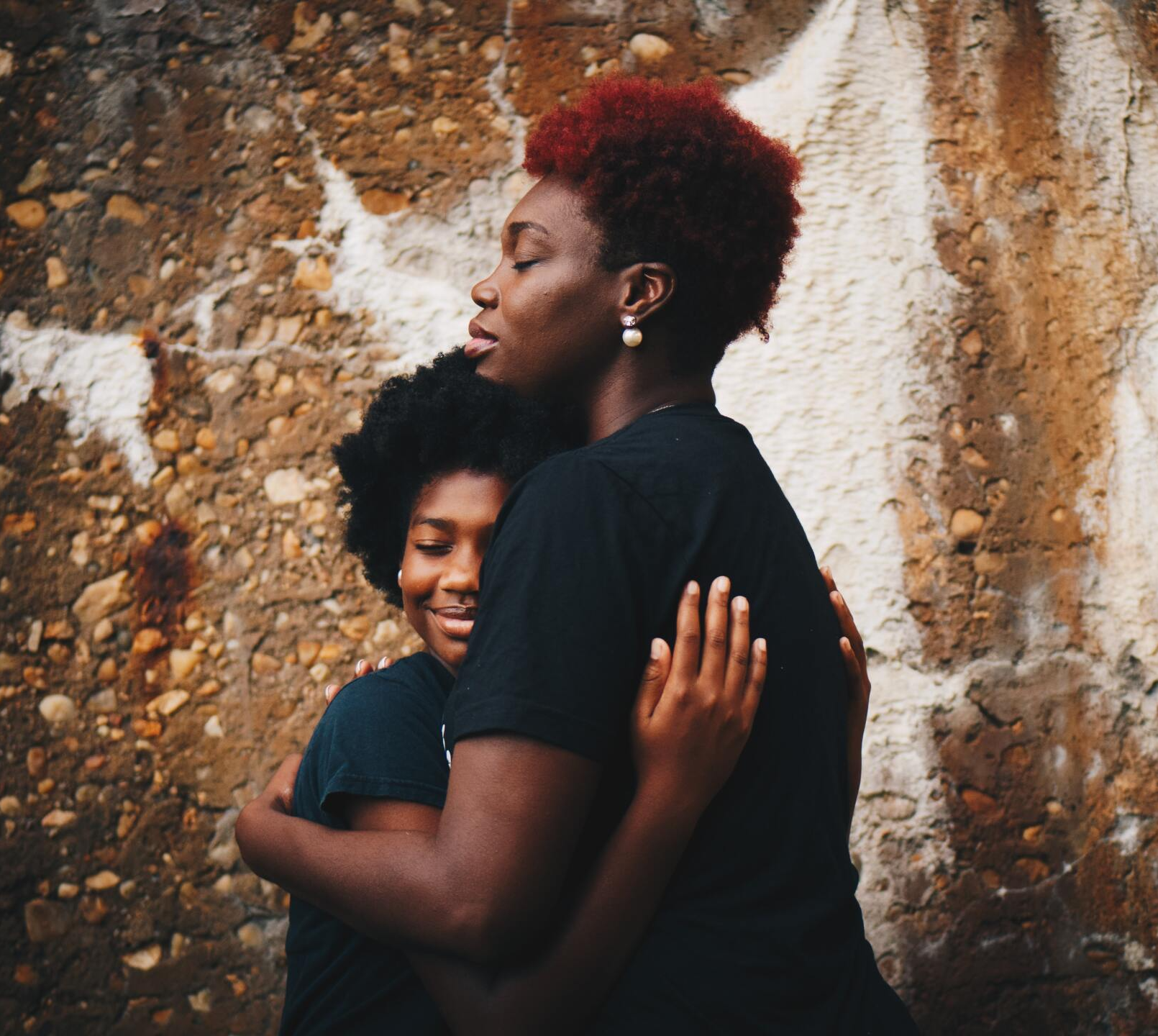How Does Yelling Affect a Child?

I remember saying, “I will never yell at my kids when I am a parent!” in protest of my parents yelling. Shortly after becoming a parent, I discovered I was being unrealistic and maybe a bit hilarious.
Whether you are a parent who parents positively, gently, and respectfully, or just a parent who tries to get through the day with minimal damage, we ALL yell at one point or another. No matter how many social media reels we watch or articles we read, we still find ourselves yelling at one point or another in our day. We still feel frustration filling up our bodies until we pop like an overinflated balloon.
The question is, why? Why do we yell? Why do we feel our only option is to let out all our frustration and helplessness by yelling to get our children to listen to us? Let’s dig a bit deeper to understand some of the reasons behind yelling.
1. Our own childhood programming
When we are born, and up to 7 years of our early childhood, our brains write our programming based on the environment in which we live. This programming later on becomes our subconscious, which dictates 95% of our actions on a daily basis, and only 5% of our actions happen on a conscious level. This means that if you were yelled at as a child, you’ve been taught that this is the only way to resolve conflict and are highly likely to use the same method with your children, especially during times of stress when your nervous system resorts to ingrained patterns rather than looking for alternatives and changing generational patterns.
2. External stressors affect our nervous system
The more stressed we are, the more our nervous system gets stuck in survival mode. The most important thing to know about survival mode is that it overrides our brain’s ability to think logically. Instead of operating from a place of curiosity and awareness, we then operate from a place of reactivity, fear, and scarcity.
3. Lack of effective communication tools
Imagine opening all your cans with a knife instead of a can opener. It’s quite labor intensive, takes a lot of time, you would probably get injured, and you run the risk of ruining the can, BUT if a knife is all you have, you would still use it every single time. The same goes for yelling—even though we might know the risks and consequences if we do not have access to communication techniques that can support us during times of conflict, then wouldn’t it be hard to stop yelling?
4. Lack of control
If your child is not being cooperative or responsive, you can start feeling like you are losing control of the situation. Losing control makes us feel unsafe. That's why yelling is sometimes one of our go-to patterns to regain control.
5. Emotional dysregulation
Being yelled at during childhood can impair our ability to
effectively regulate our emotions. This may contribute to a greater likelihood of lashing out and engaging in similar dysregulated behaviors towards our own children.
How does yelling affect a child?
Extensive research has been done on the effects of yelling on children, from predicting undesirable behavior, influencing the child’s development, damaging the parent-child relationship, and negatively impacting the child’s mental health.
When accompanied by verbal abuse, yelling can have more drastic effects on the child’s overall well-being. If we were to put the effects of yelling aside (for argument's sake), it turns out yelling isn’t that effective and has a very short shelf-life. Yelling can be temporarily effective, however it:
- Does not change the behavior in the long run
- Can potentially have adverse effects
- Increases aggression
- Diminishes the chance for your child to learn emotional self-regulation
- Negatively impacts your relationship with your child
Unfortunately, like physical abuse, yelling can have serious implications on the child’s long-term well-being. It can contribute to problems with self-confidence, increased risk of mental health issues, and challenges in relationships later in life. So, let’s take a quick journey and understand what happens exactly when we yell at our children. Exposure to yelling:
- Causes children to dissociate
- Causes them to go into a fight or flight or freeze response
- Spikes their cortisol and adrenaline levels
- Shuts down the prefrontal cortex (the part of the brain responsible for cognitive functions, such as impulse control, decision-making, and emotional regulation)
- Teaches them that yelling is the only way to get results (like we were initially taught as children)
So what happens if we continue to yell long-term?
The implications of yelling are quite significant and often persist into adulthood and affect the next generations. Research shows that the long-term effects of yelling extend to:
Mental Health Issues:
Higher rates of anxiety, depression, PTSD, and emotional dysregulation.
Relationship Difficulties:
Challenges forming healthy, trusting relationships as an adult. A tendency towards unhealthy or abusive relationship patterns.
Cognitive and Behavioral Problems:
Impaired executive functioning and decision-making. Increased likelihood of engaging in risky behaviors, such as substance abuse.
Physical Health Consequences:
Higher incidence of chronic diseases and psychosomatic symptoms.
Weakened immune system and increased inflammation.
Intergenerational Transmission:
Greater risk of perpetuating the cycle of abuse with one's own children. Potential for epigenetic changes that can be passed down.
Empowered Parenting Solutions
Let’s talk solutions! Understanding cause and effect is only one part of the equation. Yes, you now know, but knowledge alone is often ineffective.
1. Remember to repair
Repairing with your child doesn't just teach them that it's okay to make mistakes; it can also have a positive impact on your own brain and parenting approach. Repairing with your child programs your brain to recognize that yelling is not the standard solution and that you can try to find a more productive solution for parenting without yelling next time.
2. Take a break
Removing yourself from the situation is, by all means, a magical solution. We, as parents, often feel compelled to react the same exact moment a situation unfolds. More often than not, parenting can wait. We can—in most cases—afford to step aside from the situation, return to a state of calm, and then come back to the situation from a place of emotional security and regulation.
3. Allow mistakes
It can be so easy to lose sight of the bigger picture with our children and get stuck in minutiae. This can pull us down the rabbit hole, thinking that our children are required to be perfect, never make any mistakes, and be a hundred percent compliant. On the contrary, our children NEED to make mistakes in order to learn how the world works, and our job is not to prevent them from doing so but to guide them and hold their hands to safely explore their own worlds and navigate their mistakes.
4. Give grace
Just like you would allow your child to make mistakes, give yourself grace and remember that you cannot unload a lifetime of patterns after reading a few books or some videos. Healing and breaking generational patterns takes a conscious effort and ongoing practice, so breathe and remember, “A wound mended is a generation healed.”
5. Replace yelling with laughter
Your brain has the superpower of rewiring itself (thanks to neuroplasticity). Every time you yell and notice, you can end your yell with a weird sound or turn it into a song. Not only does this COMPLETELY shift the energy in the room to a more positive one, but it will also rewire your brain over time to automatically resort to humor instead of yelling.
6. WORK ON YOURSELF
We might mistakenly think that working on our children’s behaviors is the solution. The truth is the answer lies with us. Working on ourselves to heal our childhood traumas can help us heal and break existing patterns that affect our lives with our children. The path of healing can open up the possibilities of changing generational patterns, increasing self-awareness, improving our emotional regulation, strengthening our bond with our children, and much more.
At The Jai Institute for Parenting, we believe that
parental coaching guides you to practice and implement the empowered parenting tools you learn to change your default patterns, as well as open space for more awareness and connection with your children. We also believe that the effort we make to heal our traumas is the most profound gift we can give to our children and the generations after them.
If you're tired of the cycle of yelling at your children and want to learn how to stop, claim your free guide,
Why Parents Yell at Their Children & How to Stop, from the Jai Institute for Parenting. This comprehensive guide will give you the tools and strategies you need to understand more about yelling and why it happens, as well as practical tools and strategies you can use to build a more peaceful, empowered relationship with your kids.
Why Parents Yell at Their Children
And How to Stop the Cycle of Trauma
- Learn how to
shift away from yelling, even in moments of frustration and overwhelm.
- Explore how to
parent without yelling.
- Read the most current research about the impacts yelling has on children.
Meet Your Author, Tasneem Abdelhamid
Tasneem is a Jai Certified Parent Coach, Design Manager, and writer for the Jai Institute for Parenting. As a mom of two little ones, she travels the world through her designs and writing. Nothing brings her joy more than spending time with her family and knowing that she is changing the world one parenting moment at a time.
READ MORE:
Curious for more?


